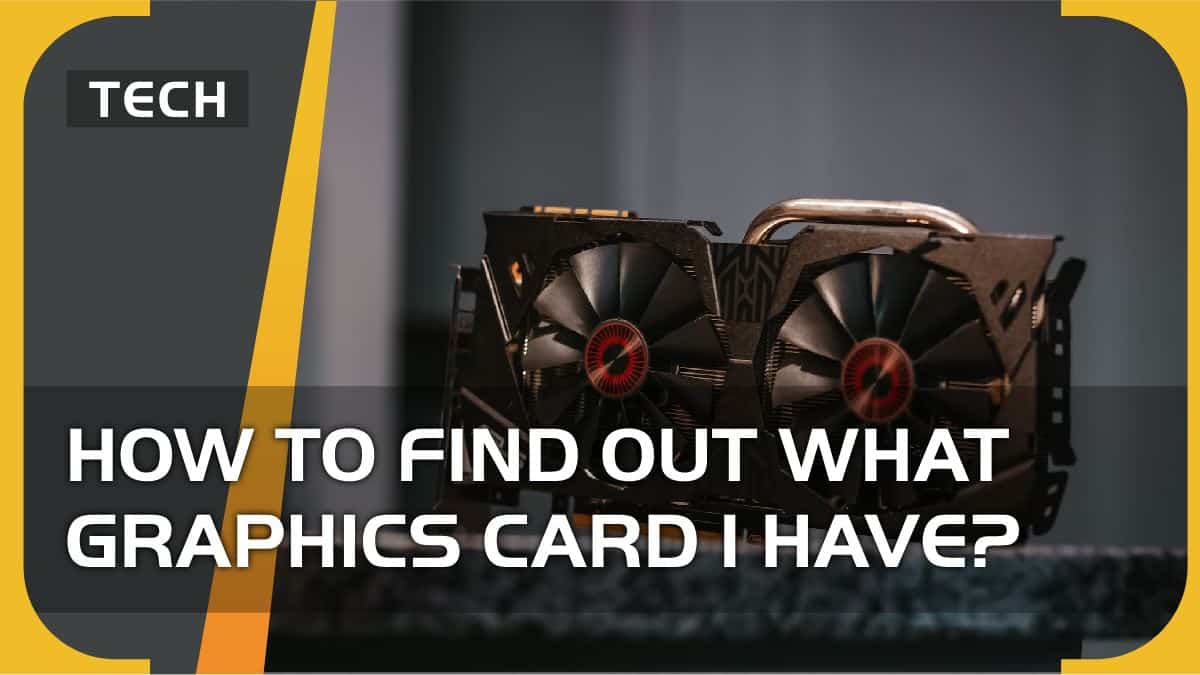Video Gamer is reader-supported. When you buy through links on our site, we may earn an affiliate commission. Prices subject to change. Learn more
If you’re trying to find out what graphics card you have, follow the following steps.
You might want to find this out for a number of reasons. You may bought a pre-built PC and forgotten which GPU came with it, or you may have just never known. Whatever the reason, don’t fret, it’s fairly easy to find out.
You might also want to know what GPU you have due to a new game being released, such as Hogwarts Legacy, and it’s not performing how you expect it to. If that’s the case – simply follow these steps.
- Open Start menu
- Type Run into search bar
- Type dxdiag into the Run search bar and hit OK after
- Confirm you want to open DirectX Diagnostic Tool by pressing OK
- Switch the tab from System to Display
- Read device name
These are the steps we’d recommend to find out what graphics card you have on your PC.
Alternatively, you can use software downloaded from the internet, but there’s no reason to do so when you have the tools pre-installed on your PC.
Why should you know what GPU you have?
You should know what graphics card you have in order to find out what drivers you need to download for your GPU. This is an important step when you’re first setting up your PC, or migrating to new hardware.
It also gives you a good understanding of what other pieces of hardware are compatible with your PC. For example, some older graphics cards might not be compatible with newer CPU architectures, however this is a very unlikely scenario.
You’ll also want to know what graphics card you have if you’re thinking of selling your PC online, as listing the correct specifications will help you get the most out of your PC without being dishonest.
We hope this has helped you find out what GPU you have in your PC. If you’ve found out what graphics card you have and you’re not happy with the results, take a look at the best GPUs for 1080p and ray tracing. Make sure to check back in with us for more graphics card related information.
